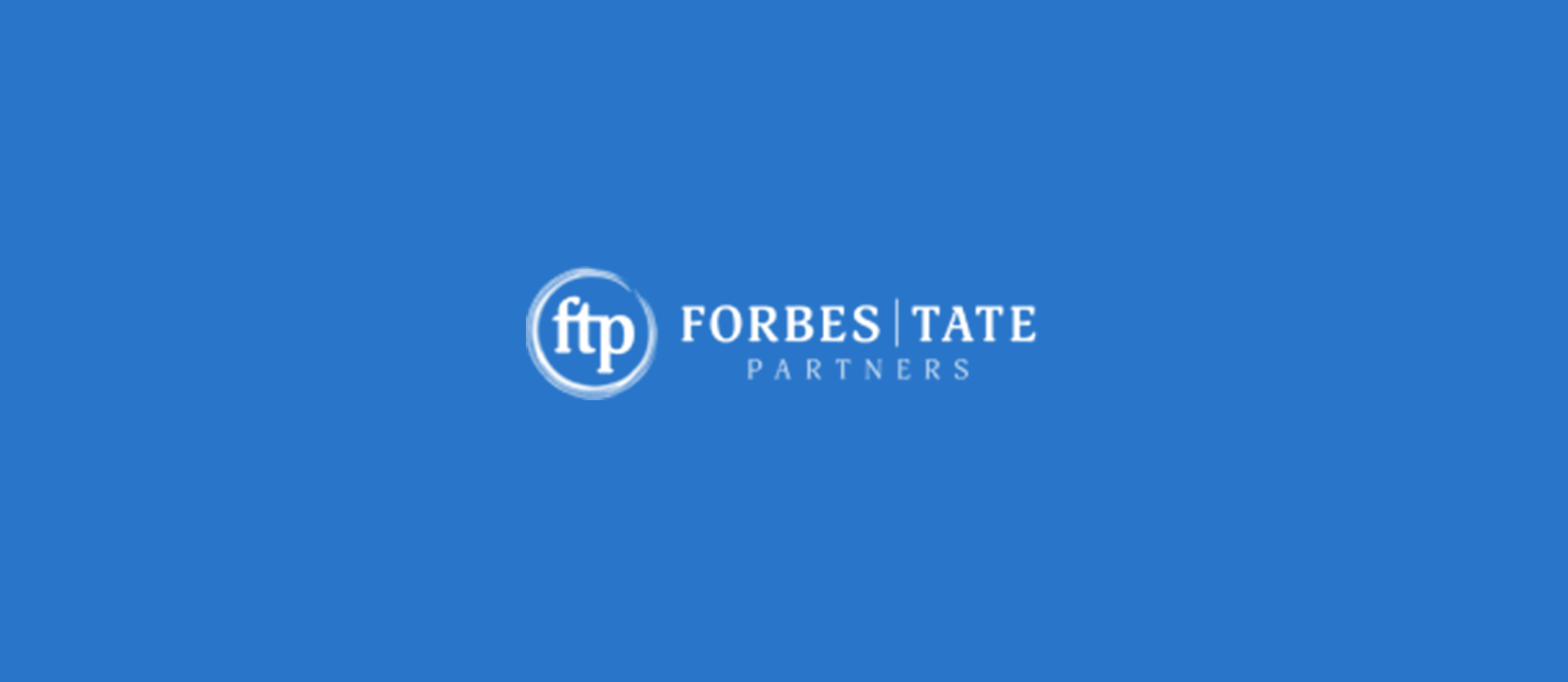Speaking at a health care conference earlier this month, I was asked how companies and campaigns can best use Facebook as an advocacy tool. Many conference attendees vocalized something I’d been hearing for a while, that Facebook was losing its effectiveness in spreading a message.
It’s true: Studies have shown that organic content doesn’t have the same reach on Facebook as it once did. But, the platform is still a valuable asset. Facebook offers plenty of tactics for targeting your message, reach, and scale that other social media platforms simply don’t have. With the right content and strategies, Facebook is worthwhile.
Days after the conference, this discussion became particularly relevant. A week later Facebook’s Head of News Feed, Adam Mosseri, posted a blog announcing Facebook’s intention to prioritize “meaningful posts from…friends and family.” Facebook is tamping down on business and organization oriented content after all.
“Because space in News Feed is limited, showing more posts from friends and family and updates that spark conversation means we’ll show less public content, including videos and other posts from publishers or businesses,” writes Mosseri.
The announcement clearly prompted concern as news organizations and other content providers worried they would no longer be able to reach their target audiences. As CNBC describes it, Facebook “needed [to] make sure this flood of content wasn’t drowning out social interactions that Facebook was built upon.”
However, this shift in content focus doesn’t make Facebook any less effective as an advocacy tool. Yes, organic reach has decreased – more content on a platform means each piece of content gets less attention. But, less organic reach doesn’t mean your posts are destined to fail. There are a several strategies you can employ to ensure your content reaches your intended audience:
- Elevate Quality of Content
Facebook’s move means what you say, and how you say it, has become that much more important. As Mosseri notes in his blog, “Pages whose posts prompt conversations between friends will see less of an effect.” In other words, posts that people interact with will be featured more heavily on News Feeds. Waiting for engagement is no longer an option. Instead, you must drive conversation with passionate language, video, and infographics. Smart content that engages and sparks conversation will flourish.
- Paid Outplays Organic
Facebook is a business that must a) keep consumers engaged and happy while b) creating revenue by selling ads or promoted content. As I mentioned, this announcement will clearly limit space on News Feeds, which will increase competition. Organic content without paid promotion has been severely weakened. Invested users must include paid promotion as a key part of any social plan on Facebook as content without a promoted budget will get lost in the shuffle.
- As Competition Increases, So Does the Importance of Targeting
Now that you’re increasing your paid promotion budget, you must remain part of the conversation. The money spent on the front end defining who you are trying to inform, persuade or activate is small compared to what you might waste if you turn on a poorly targeted social campaign. Identify your universe early on and save yourself on the back end.
In his blog, Mosseri states that reach, video watch time, and referral traffic “will vary from Page to Page, driven by factors including the type of content they produce and how people interact with it.” That line cuts to the center of my message: Pages will vary, not crash. Now more than ever, it’s up to the user to drive success
